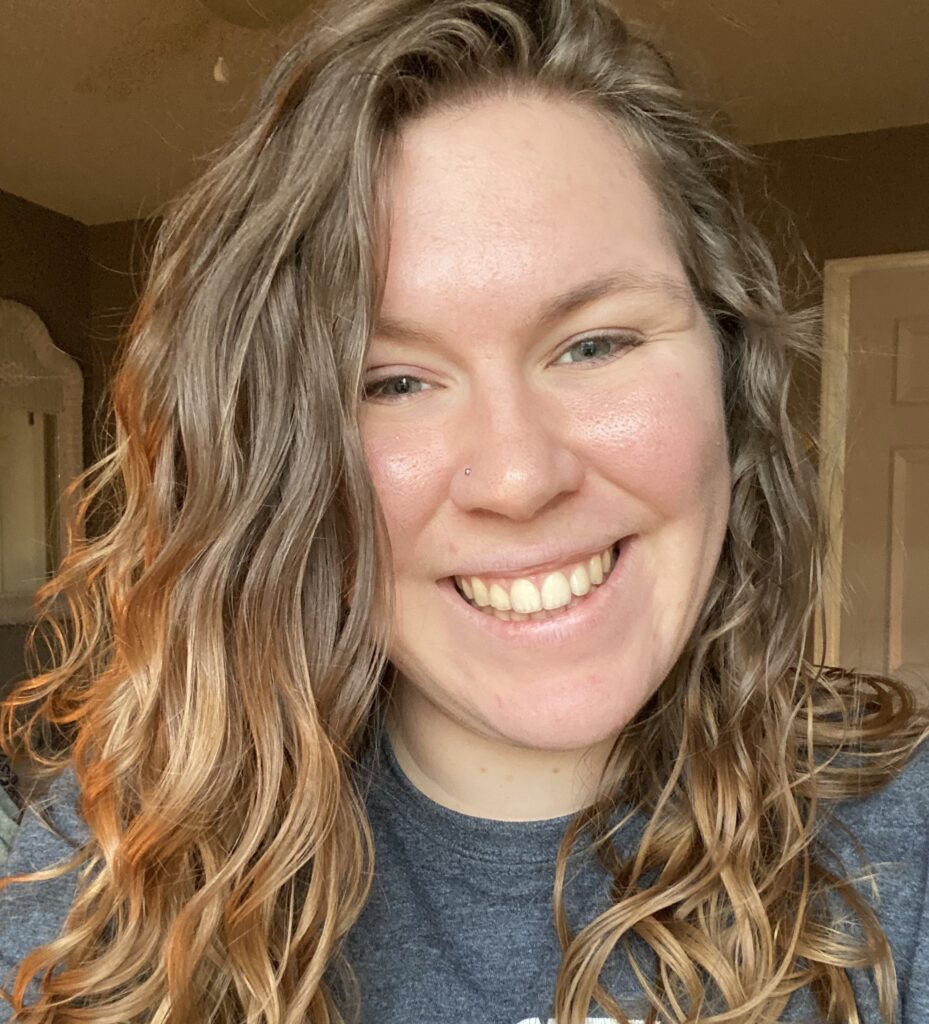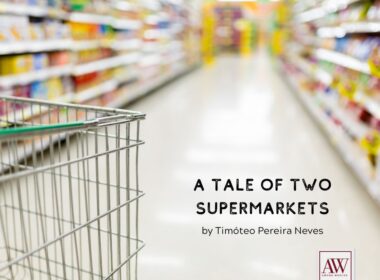by Jessi Bullis
“Are all my friendships doomed?”
This was the entire journal entry.
The possibility that every current, and future, friendship I had was on an inevitable path to ending was a question I was too afraid to really dive into…and potentially discover an answer for. I couldn’t bring myself to consider it more than simply writing the words.
I got it out, and then I closed the journal. Not to look at that page again for years.
Living a globally mobile lifestyle growing up, my friendships ended every two to four years (if not more often). But as much as a child can sometimes logically see the reasoning…the heart interprets it much differently. It feels as though these losses are not just because you’re leaving, but rather because these companions chose not to continue a friendship with you.
You come to believe the problem with your friendships is you. That even if you had stayed, they would have found a fault with you eventually. Maybe they’re even happy you’ve left so they don’t have to fake a friendship with you anymore. It’s not that hard to believe, after all; expat communities are relatively small, so friendships sometimes feel like they are more about survival than enjoyment.
You think, “Once again, I’m not enough for them to want to stay in my life. Because if they really wanted to, they would make a way.” Never mind the fact that they physically couldn’t, even if they did desire to, as we were thousands of miles away and they were children with no access to modern-day technology or money for astronomical international postage prices. Somehow my brain continued to interpret these losses of friendships as their choice to leave me…even if I was the one packing suitcases and heading to the airport.
Over and over.
And over and over.
As this continued to happen, I didn’t learn who was safe to trust and who wasn’t. I had no mental concept for what a normal friendship looked like, and therefore I didn’t know how to keep friends. Sometimes it felt like friendship-whiplash: I had lost another one before I realized I even had one. The only examples of friendships I had the chance to observe long term were in the media…and we all know those probably weren’t the ideal models.
Somehow my brain continued to interpret these losses of friendships as their choice to leave me. . . even if I was the one packing suitcases and heading to the airport.
“Apparently this is the life the Lord has laid out for me,” I thought. I came to believe that every friendship I had was doomed to end.
However, in college I found deep community and closer friendships than I had imagined possible. Suddenly I felt I had a choice: friendships were not just for survival; they had meaning and were genuinely enjoyable. Slowly my desperation subsided, and as my friends continued to choose me, I began allowing people in. I wanted to be known, and I slowly allowed friends to take down some of the bricks to the fortress I had barricaded my heart in.
So when senior year rolled around, and my internal clock whispered that everyone was going to choose to leave me at graduation, I began subconsciously, and very quickly, building that wall back up. By Thanksgiving I started packing, isolating instead of reaching out, self-sabotaging friendships, and emotionally pulling away…all while also secretly and desperately hoping those same friends would fight for me.
And they did.
Maybe—just maybe—God had not chosen to doom all my friendships.
He had blessed me with the sweetest friends who had been curious to know me and understand my experiences as a TCK, even if they couldn’t completely grasp it themselves. So when they noticed me pulling away, they actually knew me well enough to see through my facade and call me out on it. They opened my eyes to my patterns of attachment.

They knew me better than I knew myself.
This touched me in the recesses of my heart that had been shattered over and over by loss, that I had built walls around, but which they had dismantled. It touched me deeply and it also terrified me.
Being known that well meant the loss would be deeper when it came (which I still believed was inevitable).
And for some of those friends…it did. And it absolutely hurt.
But the healing that had come from people continuing to show up and say “I love you no matter how much you pull away” had mended so much of my heart. It truly let me understand the love and grace of God as a Father in a tangible way. An understanding of the Father’s love that I think can only come through consistency.
The thing about a mended heart is you give it the opportunity to be broken again. When a heart gets shattered over and over, eventually only small slivers are left to be cracked. They don’t seem to hurt as much, but this is because you always feel broken; each crack feels much less impactful, because what does it matter? Only a splinter of your heart had been invested anyhow. Yet, when we work to heal and mend our grief patterns by allowing the love of God to shine into all the small pieces and fuse us back together…that’s when there’s more opportunity for pain.
However, the alternative is a shell of an option. When our heart is splintered, we can’t experience joy in the same way. Excitement, anticipation, love, compassion, and hope—they’re all muted.
But a mended heart starts to hope again.
While my 18-year-old-self would fight me on this, I do believe that it’s better to have loved and lost than not loved at all.
But I know there are a lot of adult TCKs who don’t believe that.
My heart breaks for adult TCKs who have yet to see the fruit of their hope. I see their deep longing to be known, but also a sheer terror at the thought. Because being known gives more opportunity for pain. So we bury the desire. So deep that even we can’t find it.
I see their deep longing to be known, but also a sheer terror at the thought.
I believe that my heart was pieced back together by God’s love being shown to me through the consistency and diligence of my friends who loved me through my mess. But unfortunately, many ATCKs I know have not had that.
Whether the right opportunities have not presented themselves, or their internal clocks have caused them to run again and again, I see ATCKs spinning their wheels trying to heal in solitude. They’re doing the hard work, but they’re doing it alone.
We cannot heal in isolation.
We need others to be a witness to our pain.
We need others to point to hard things and say, “I’m sorry that happened, it wasn’t ok.”
We need others to say, “I’m not going anywhere.”
We need others to point out our patterns of self-sabotage and fear of being known.
We need others to say, “I see you.”
We need others to breathe God’s love and compassion into our stories.
My hope and prayer for each ATCK I meet with is that God actively pursues them through their relationships, their eyes would be opened to this, and that His pursuit would lead to a mended heart that can begin to hope again.

Jessi is an adult TCK who grew up in Singapore, England, Turkey, and Germany. She has a heart and passion for TCKs and the unique struggles they face. She received her undergraduate in psychology and a seminary degree in counseling for the purpose of caring for TCKs well. Jessi currently works at TCK Training as the Director of Adult TCK Services, providing coaching and creating resources specifically for those navigating life as an adult third culture kid. Her deepest passion is for TCKs to know and feel the love and goodness of God in how they’re cared for.








